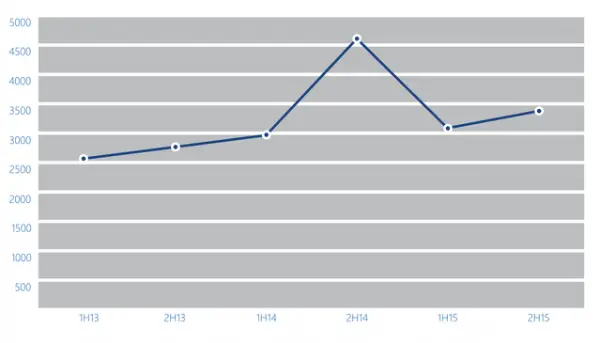Many folks who use Windows tend to be upset at times without amount of software updates Microsoft releases. This hasn’t been a lot when compared to the days of Windows XP, Windows Vista, and Windows 7. Nevertheless, there’s a reason for these software updates, so never ignore them. And this applies to third-party software too.

Here’s the thing, whenever there’s a weakness in the software or operating system, attackers usually take advantage of this for reasons that are not good, well, at least not for the user. Attacks can range from pop ads showing up on your computer out of nowhere, or attackers stealing vital information.
Tim Rains, Director of Security at Microsoft, wrote in a blog post, detailing the importance of security updates. He believes that it’s important to make security problems public. This tends to get software makers into high gear to fix whatever vulnerability in a timely manner.
“Attackers and the malware they create routinely attempt to use unpatched vulnerabilities to compromise and victimize organizations, so it’s imperative that CIOs, CISOs and the rest of an organization’s security team pay close attention to disclosures as they are announced. Doing so can help the security team understand if their IT environment is at increased risk, and whether putting new mitigations in place is warranted.”
Rains made it clear that disclosure of severe vulnerabilities has increased 41.7 by percent across the industry in the second half of 2015 alone. This alone should be proof enough of how hackers are moving to cause trouble on a wide scale, but it’s also great that folks are making disclosures instead of keeping it to themselves.
No security team around the world wants to hear this information, but it’s our new reality. The internet is at the center of almost everything these days, and with that being a truth, we should expect an increase in attacks and a possible increase in the number of security updates Windows users receive over a period of time – whether it is for the operating system or any software.
Leave a Reply